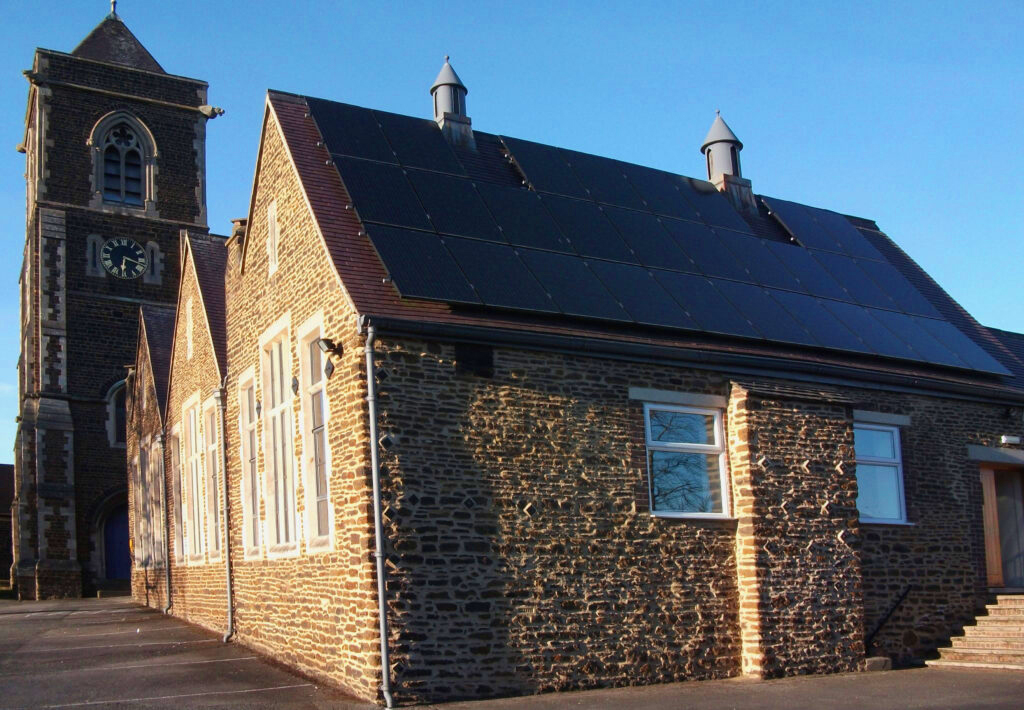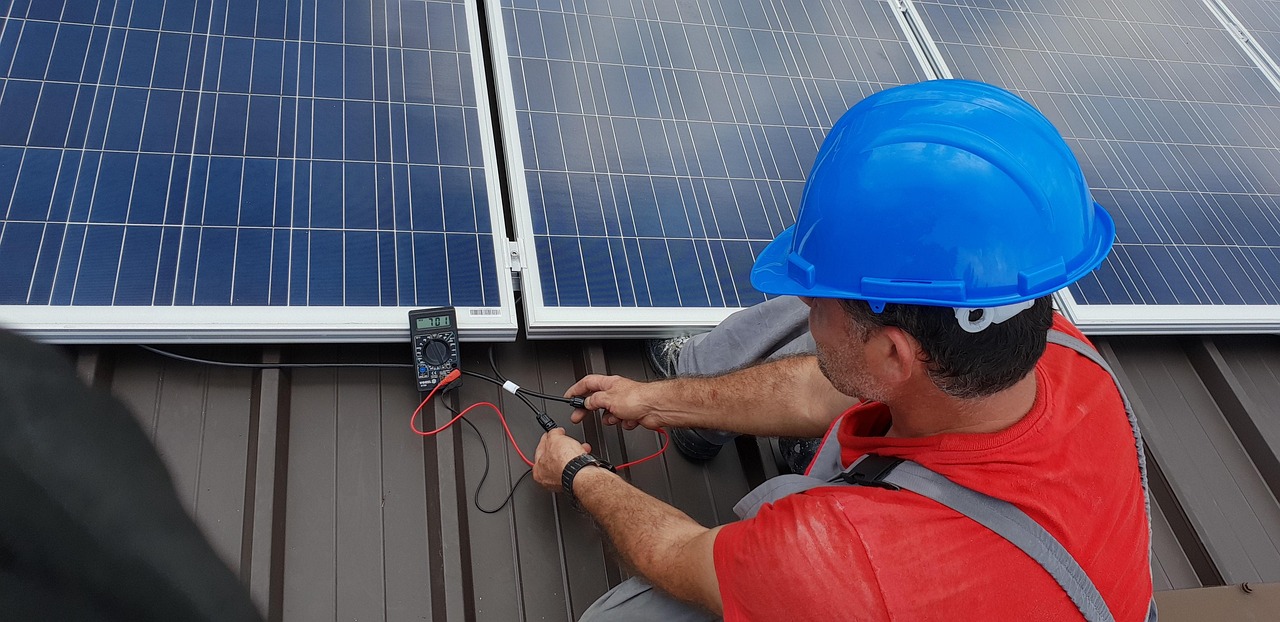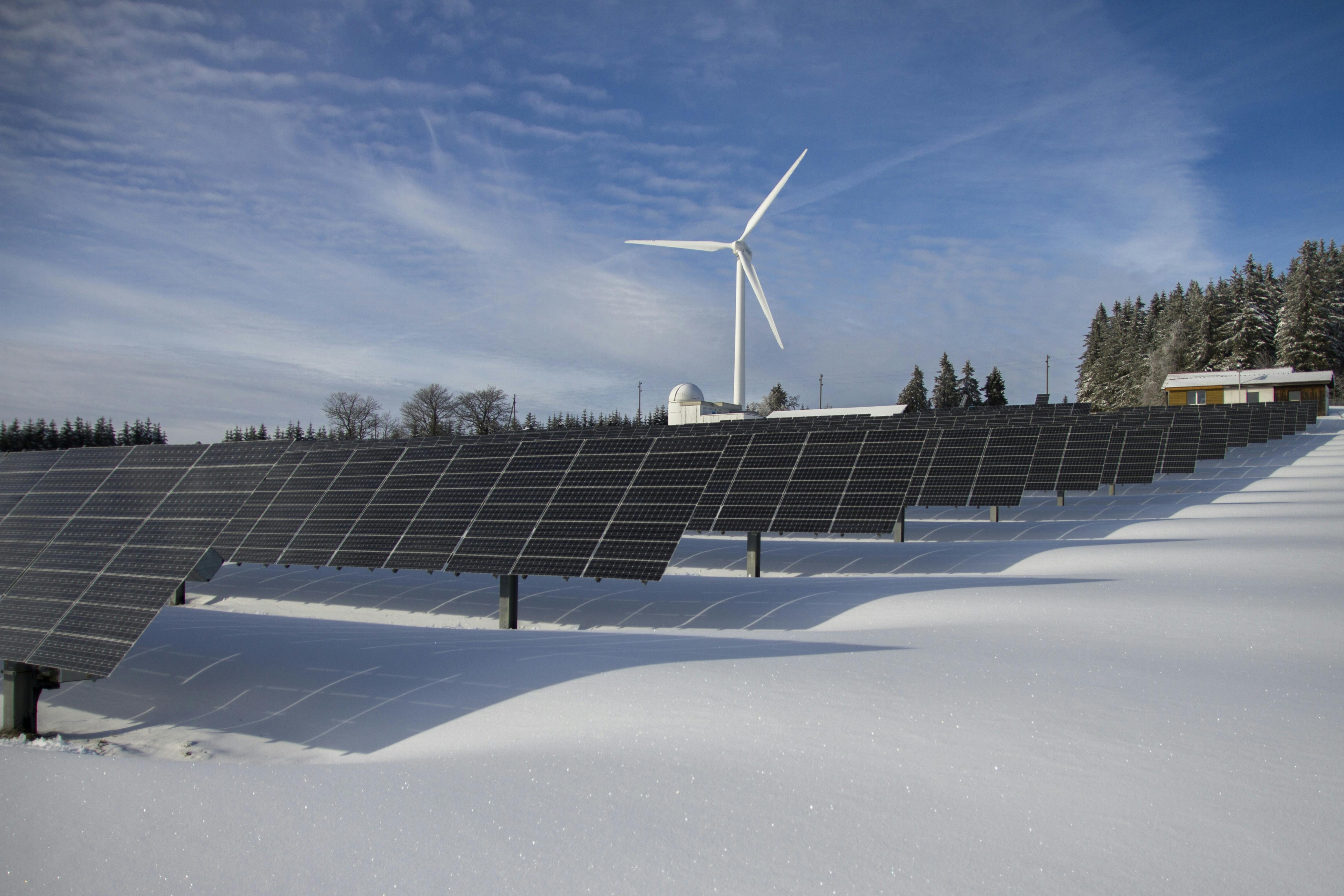Electric Vehicles, Charge Points & Solar Panels
Electric vehicles (EVs) are becoming increasingly popular

Quick Navigation:
- Should I get an electric vehicle?
- Should I get a home car charger point?
- How many solar panels do I need to power my EV?
- Is an at-home solar panel powered EV charge point a good investment?
Electric vehicles (EVs) are becoming increasingly popular and the government has set a clear deadline for the sale of the last fossil fuel-powered cars; as part of the Green Plan announced in November 2020, there will be a ban on new petrol and diesel-powered cars from 2030, a deadline brought forward from the previous 2045 target. Whilst the second-hand market for these cars will continue, the push towards the electrification of vehicle transport and the decarbonisation of electricity is making EVs an increasingly attractive option for many people.
Key Takeaways:
Should I get an electric vehicle?
There isn't enough space in this article to consider all of the pros and cons with EVs, but the criteria that you should consider are:
- Your average travel distance – battery performance is increasing, and almost all but the longest journeys and commutes are now easily covered by a single charge.
- Fuel Cost - filling up on electricity, particularly when paired with an EV specific tariff and/or solar panels, can make it extremely cheap to fill up. There are even free charging points around the UK, such as at some supermarkets, but bear in mind that a lot of these are being turned into paid-for options. For more information on EV filling costs, check out this great article by “Which?”.
- Vehicle Cost – as electric vehicles become more popular, the cost of getting one continues to decline, with many EV options now becoming cost comparable (in terms of performance and features) with their new fossil-fuelled equivalents. Depending on what sort of vehicle you're after, they can range from ~£16,000 for smaller vehicles, to ~£30,000 for medium family vehicles and £60,000+ for the top-end cars.
- Environmental impact - getting an electric vehicle has double benefits: not only can you fill up your car with electricity rather than fossil fuels, which can be produced by your solar panels at home, but you also wouldn’t be producing pollution which can cause respiratory issues. This second benefit means that congestion charges and road tax are much cheaper for electric vehicles.
- Resale - if you're thinking about the resale value of your car or even thinking about getting a second-hand EV, this is a rapidly growing market and can provide a much cheaper way to go green with your travel.
Should I get a home car charger point?
Compared to leaving your car for long periods of time in one of a growing number of EV charging spots across the UK, with diminishing free alternatives, electric vehicle home charging can be a convenient way to fill up your car. A home EV charging station also allows you to take advantage of electricity that you produce with solar panels.
Should I charge my EV with solar power?
Electric vehicles don’t emit CO2, that’s why they have a smaller CO2 impact than cars with an engine or exhaust. But your EV could be made more or less climate-friendly depending on how you choose to charge it: either with electricity generated from fossil fuels or with emissions-free electricity. Currently, in order for enough electricity to be generated to supply the whole nation, the UK is reliant on the former - a significant amount of the electricity in the National Grid comes from gas. Therefore, when electricity is pulled from the National Grid to power your EV, it is likely that some of it would be generated from fossil fuels.
With an EV home charger, you’re in more control over the source of electricity. The easiest option would probably be to opt for a tariff that feeds your home with electricity from renewable sources, but this doesn’t change your dependency on the grid.
If you want to be less dependent on the grid, you could choose to generate your own electricity by installing solar panels. You could then opt for a hybrid approach with solar power as your main source of electricity, and a renewable energy tariff to cover the difference.
So, essentially there are three ways to make your EV even more climate-friendly: by adopting a renewable energy tariff, by installing solar panels to be used in combination with a non-green tariff, or to be used in combination with a green tariff for an even greener option. It’s up to you to decide which option to pursue, but as always, our Green Homes Gurus are happy to discuss these options with you if you’d find that useful. You’ll find the option to book a (free!) consultation call when using our handy, impartial, and completely free tool.
How many solar panels do I need to power my EV?
The answer to how many solar panels are enough to charge your electric vehicle is difficult to give without knowing your specific situation.
Factors to consider include how much sunlight your panels are getting, how big a battery your EV has, and what else you’re using your solar panels to charge. Our Gurus will make sure you get this right!
Is it possible to charge my EV with solar panels if my car’s away all day?
Technically yes, if you opt for a battery. Without a battery, the excess electricity generated by your solar panels isn’t stored. This means that if your electricity generation is higher than your usage at any one time, your excess generated electricity will be sent to the grid.
However, a car battery is much bigger than a house battery, so if you charge your EV overnight, you wouldn’t be able to drive very far the next morning if you’ve only drawn electricity from your solar panel battery. So, although it’s possible to charge your EV with solar power if it’s been away all day, it's not a particularly good idea.
Is it a good investment to get a solar panel powered EV charge point at home?
Based on the fact that new petrol and diesel-powered cars will be banned from 2030 in the UK, as mentioned in the beginning of this article, having an electric car home charging station could come to be seen as more and more desirable. Additionally, the current energy crisis could be fuelling the desire to become less dependent on the grid. Installing a solar panel powered EV charge point on your property might therefore be considered attractive if you are to ever sell your home. But these are just speculations of course!
Hopefully, this introduction to EVs has helped and you should be in a better place to make an informed decision about what's right for you. If you want to learn more about green solutions, check out the rest of our Green Guides, or pay our Guru FAQS a visit, where our very own Guru Team shares its wealth of knowledge on everything solar panels.
Ready to see what you can save?
Our solar calculator is 100% free to use. Enter your postcode below to get started.

Based on 400+ Trustpilot reviews






